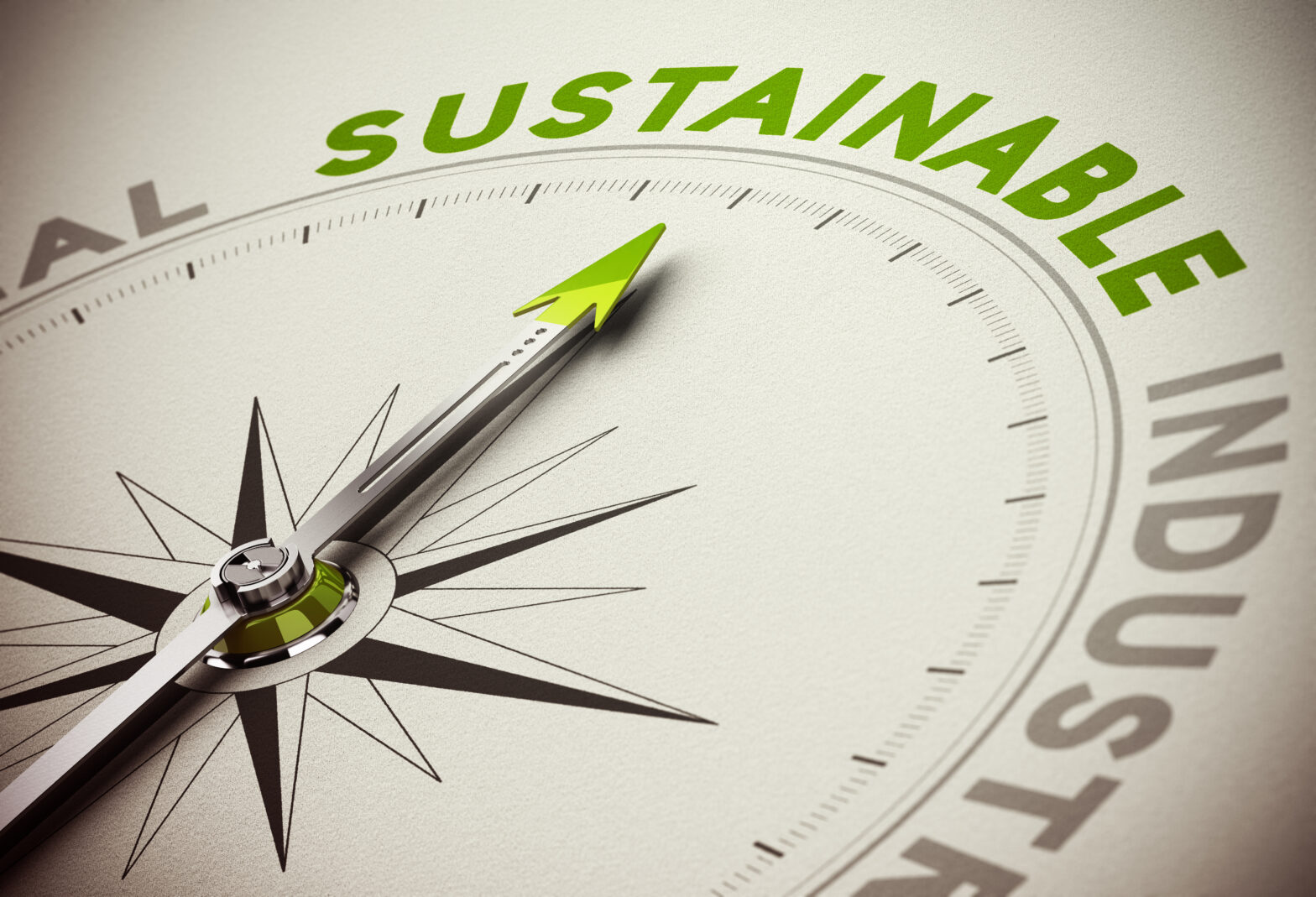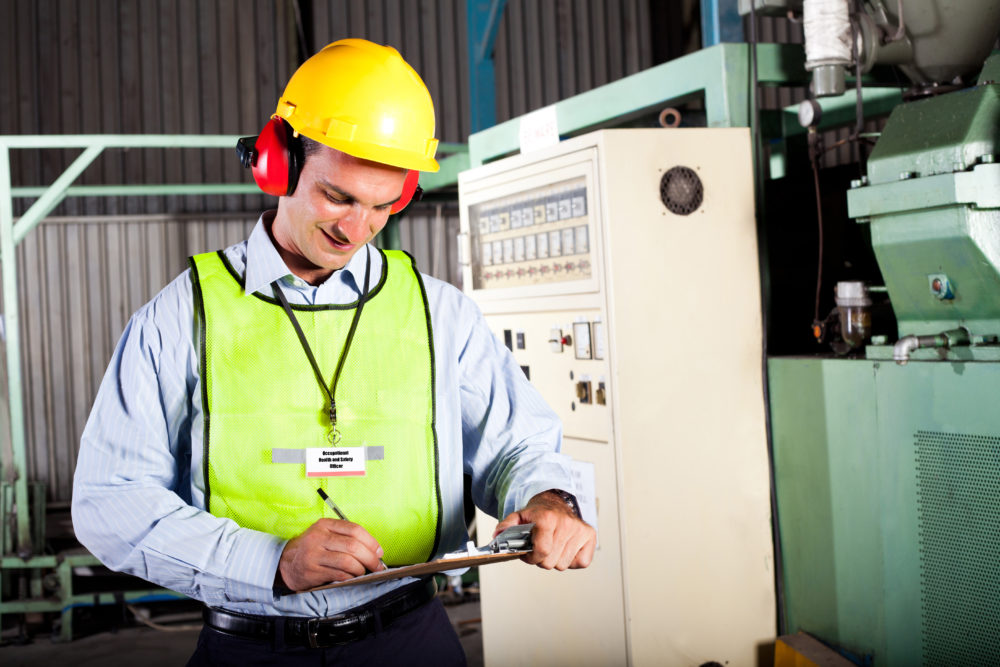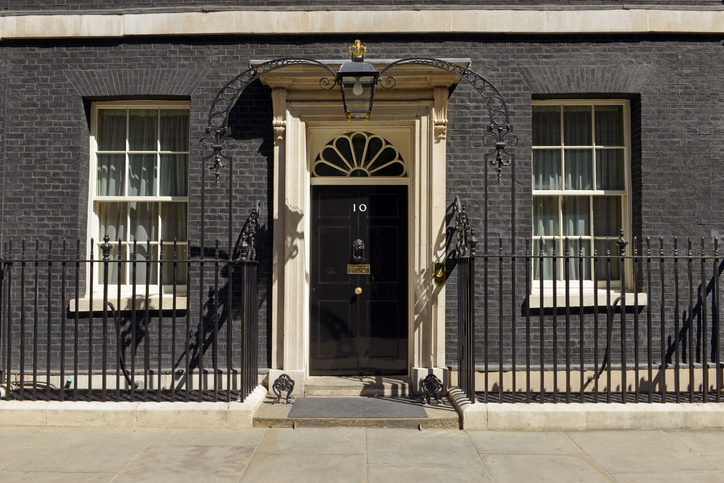We are a technology company, but in reality the technology we design and manufacture is a means to an end. What we really want to do is put consumers in control of their energy usage at home. It must be the case for many technology developers that their primary reason for establishing a business, building a team and developing a product, is to solve a specific challenge.
We were concerned about climate change and the growing shortage of resources long before anyone started to use the term ‘smart’ in relation to energy savings. What we did understand though, was that if there was to be a real change in energy usage, particularly in the home, someone would have to find a way to engage consumers in clever, connected technology that could easily help them.
Over the last ten years we have secured funding and grown our company and built a hugely talented and technical team, but we have never lost sight of the reason we set the company up in the first place. Our commitment to energy saving still lies at the heart of what we do, and our core business values of innovation, trust and honour frame the day to day processes that help us get closer to our goals.
Staying innovative
It’s not always easy to maintain these values when you are running a business. Remaining innovative requires a huge commitment from any mainstream company. First you must have investment in R&D, which can be seen as a risk, and the R&D department by its very nature will challenge and question existing practices and technology standards. R&D also has to compete for resources with other departments, and this can be difficult to balance. A business like ours carries out innovation quickly and without baggage and we then pitch it to our customers and request feedback. You have to have the courage of your conviction when it comes to developing new products but be prepared to accept criticism as well as praise.
Trust is essential, but hard to win and confer, which makes it tempting to keep everything in-house. We all want to establish good relations with suppliers, and as a supplier, we also want to make sure we can deliver on our promises. But we worry that we might be let down, lack capacity or perhaps have differing expectations of CSR. The problem is that if you try to find reassurance by implementing contracts or set agreements, the relationship can dissolve in an atmosphere of distrust. Embracing trust can get a business a long way, so we have chosen to take a deep breath on more than one occasion, and go the extra mile to deliver and ensure we can build a trustworthy reputation. The benefit of this is that the relationship moves beyond supplier/buyer and becomes trusted partner.
The third of our business values is honour, which is closely linked to trust but more elusive. Ten years is a long enough time in business for us to have had to make some difficult choices and decisions, but in every one of those, I believe we have always been honourable. We have aimed to be fair, to work for the common good and to be honest, and whilst there are some things we may have done differently with the benefit of hindsight, we are not ashamed of any of them.
Understanding the market through research
We are committed to our main objective, and making progress. Around half a million homes now have a smart thermostat and by investing in consumer-facing research we have gained an understanding of the shift in focus amongst home owners. We know that unlike the meteoric adoption of the smartphone, it will be some time yet before all homes are equipped and benefiting from smart home devices. Consumers don’t want to think too much about their energy use at home, they would rather it was done for them, but for that to happen they need to adopt clever technology.
The government’s smart meter rollout is a key enabler in the evolution of smart technology. It is picking up pace and drawing attention to the benefits of a smart, connected home. For the first time, and potentially linking all homes in the UK, there will be a home area network. This will allow smart technology to link together to benefit the homeowner not only in terms of energy savings, but in cost savings too.
This is exciting stuff, and we are inspired by what the future holds in terms of energy efficiency. We can see our growth as a company moving in parallel with the growth in connected homes, and whilst it has taken ten years to get to this point and it may take another ten to see wide adoption of smart devices, the best outcomes are not always achieved overnight. The same is true of solid, dependable innovation, trust and honour, which may make them unusual values, but we maintain they are the core of a sustainable business.
Simon Anderson is chief strategy officer at geo.





